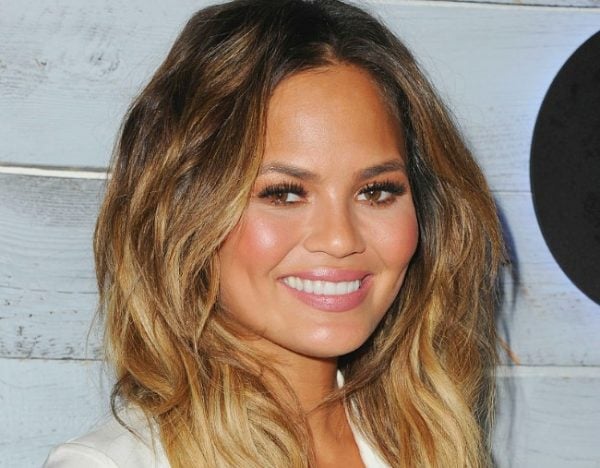“Lolllllll no one likes you,” she wrote.
It was a small, sharp, biting tweet that captured her allure better than a photo could. It was a little bit political, a little bit wry, firmly on the wave of public sentiment and full of as much jokey tone that allowed her to appear opinionated without being angry.
She, of course, is Chrissy Teigen. And her target? The 45th President of the United States. It banked the 32-year-old nearly 9,000 re-tweets and 36,000 likes, a couple of headlines and the coveted ‘block’ from President Trump himself.
As far as Brand Teigen goes, it was as characteristic as it was clever. In an online world full of outrage and anger, the swimsuit model has become Twitter’s poster-girl for self-deprecating, stinging humour. She walks the fine line of never being angry while consistently being no bullsh*t.
She is the ultimate Cool Girl: (objectively) hot but funny, self-effacing but successful, unapologetic but not uptight, decisive but easygoing, passionate but not easily offended.


Top Comments
"[The cool girl] loves threesomes and anal sex".
Huh?
Ah yes, but who is responsible for the building of pedestals?
"Amy Schumer, Anne Hathaway, Caitlyn Stasey - even Ruby Rose to less of a degree. We adored them all, held them high in our hands and then when they tripped ever-so-slightly, our palms gave way. We dropped them."
My take: publicists and media outlets collude and saturate the airwaves with identities that they insist the public "adore". In reality, this favourable opinion is not unanimous; much of the public find these identities tiresome, and resent being bombarded with messages that don't represent the truth. Only when there is a headline or a buck to be made do the media and publicists catch up with more popular sentiment: these folk were never universally revered or adored in the first place. The pedestal is a false construct, as is the "cool girl".